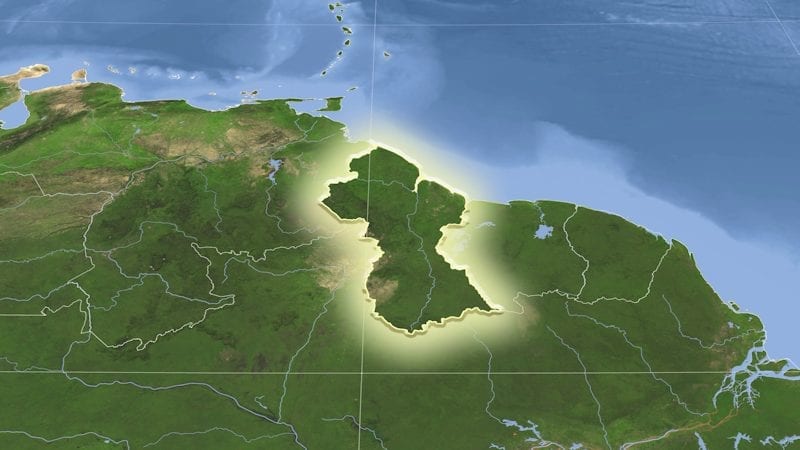Venezuela has rejected a binding order issued by the International Court of Justice (ICJ) prohibiting it from conducting elections in Guyana’s Essequibo region. This is according to a communiqué issued today and posted to Facebook by Venezuela’s Executive Vice President Delcy Rodríguez.
The communiqué reads: “Venezuela reaffirms that, faithful to its historical position, it does not and will never recognize the jurisdiction of the International Court of Justice, nor will it comply with any decision issued by it to settle the territorial dispute over the Guayana Esequiba.” It stated that the is process is “rigged from the outset” and “manipulated by anti-Venezuelan” corporate interests that have nothing to do with justice.
The ICJ, in a statement released on May 1 and shared by Guyana’s President Irfaan Ali, said Venezuela must not take any action, including holding elections, that would alter the status quo in the Essequibo region pending a final ruling in the border case.
The directive came in response to a request by Guyana after Venezuela announced plans to hold elections this month in Essequibo, which comprises more than two-thirds of Guyana’s landmass.
The ICJ is currently considering the validity of the 1899 Arbitral Award that established the boundary between Venezuela and then-British Guiana. Venezuela accepted the award for decades before declaring it null and void in 1962, and has now extended its claim to offshore waters that include portions of Guyana’s Exclusive Economic Zone (EEZ) rich in oil and gas.
Earlier this year, a Venezuelan Coast Guard patrol vessel approached the Prosperity floating production storage and offloading (FPSO) unit, marking its most easterly incursion into Guyana’s waters where ExxonMobil operates one of the world’s fastest-growing oil developments in the Stabroek Block.
The United States has repeatedly warned that Venezuela could face consequences if it continues to provoke Guyana. A final ruling by the ICJ in the territorial case could come in 2026.



